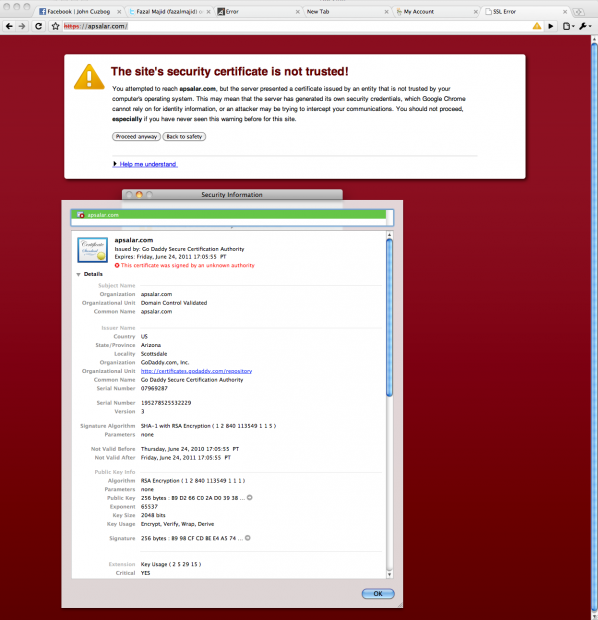Forbidden functions
When I first read Asimov’s Foundation as a child in 1980 or so, I was blown away by the idea that a mathematical operation could be forbidden.
“Before you are done with me, young man, you will learn to apply psychohistory to all problems as a matter of course. – Observe.” Seldon removed his calculator pad from the pouch at his belt. Men said he kept one beneath his pillow for use in moments of wakefulness. Its gray, glossy finish was slightly worn by use. Seldon’s nimble fingers, spotted now with age, played along the files and rows of buttons that filled its surface. Red symbols glowed out from the upper tier.
He said, “That represents the condition of the Empire at present.”
He waited.
Gaal said finally, “Surely that is not a complete representation.”
“No, not complete,” said Seldon. “I am glad you do not accept my word blindly. However, this is an approximation which will serve to demonstrate the proposition. Will you accept that?”
“Subject to my later verification of the derivation of the function, yes.” Gaal was carefully avoiding a possible trap.
“Good. Add to this the known probability of Imperial assassination, viceregal revolt, the contemporary recurrence of periods of economic depression, the declining rate of planetary explorations, the…”
He proceeded. As each item was mentioned, new symbols sprang to life at his touch, and melted into the basic function which expanded and changed.
Gaal stopped him only once. “I don’t see the validity of that set-transformation.”
Seldon repeated it more slowly.
Gaal said, “But that is done by way of a forbidden sociooperation.”
“Good. You are quick, but not yet quick enough. It is not forbidden in this connection. Let me do it by expansions.”
Isaac Asimov, Foundation, Chapter 4 (emphasis mine)
Later, I learned in a Byte article on Karmarkar’s algorithm for linear programming that AT&T had patented it. The idea that mathematical algorithms are patentable was just as absurd for a 17 year old. Not quite as absurd as patenting living organisms’ genome still seems to me, but close. Forbidden mathematics seemed like something from the Middle Ages, or Stalinist Russia.
Of course, this is exactly what happens when our governments try to outlaw cryptography, or the media industry tries to ban algorithms like DeCSS, or even public discussion by academics of flaws in their poorly designed cryptosystems. There is an apocryphal myth that Pythagoras’ mathemato-mystical cult tried to assassinate the man who first proved the square root of two is an irrational number. Mathematics can be an inconvenient truth at times.

